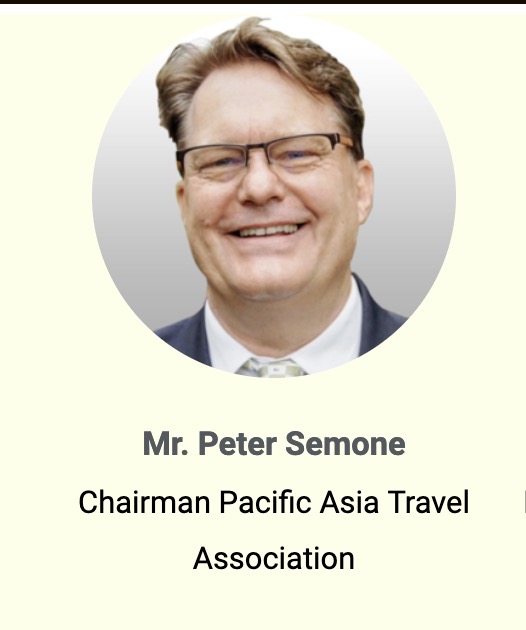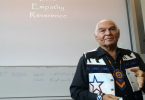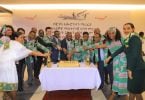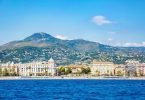The program is “guaranteeing a wealth of enriching experiences, including dynamic plenary sessions, participative roundtables & breakout sessions.” A rash of images will be uploaded on Facebook to showcase the activities.
Unfortunately, Facebook coverage and preaching-to-the-converted talk-shops will be of no help when the next crisis hits, as it inevitably will.
In a message to PATA members on 29 April, PATA CEO Noor Ahmad Hamid outlined this eight-point listing of his hopes and expectations from the summit:
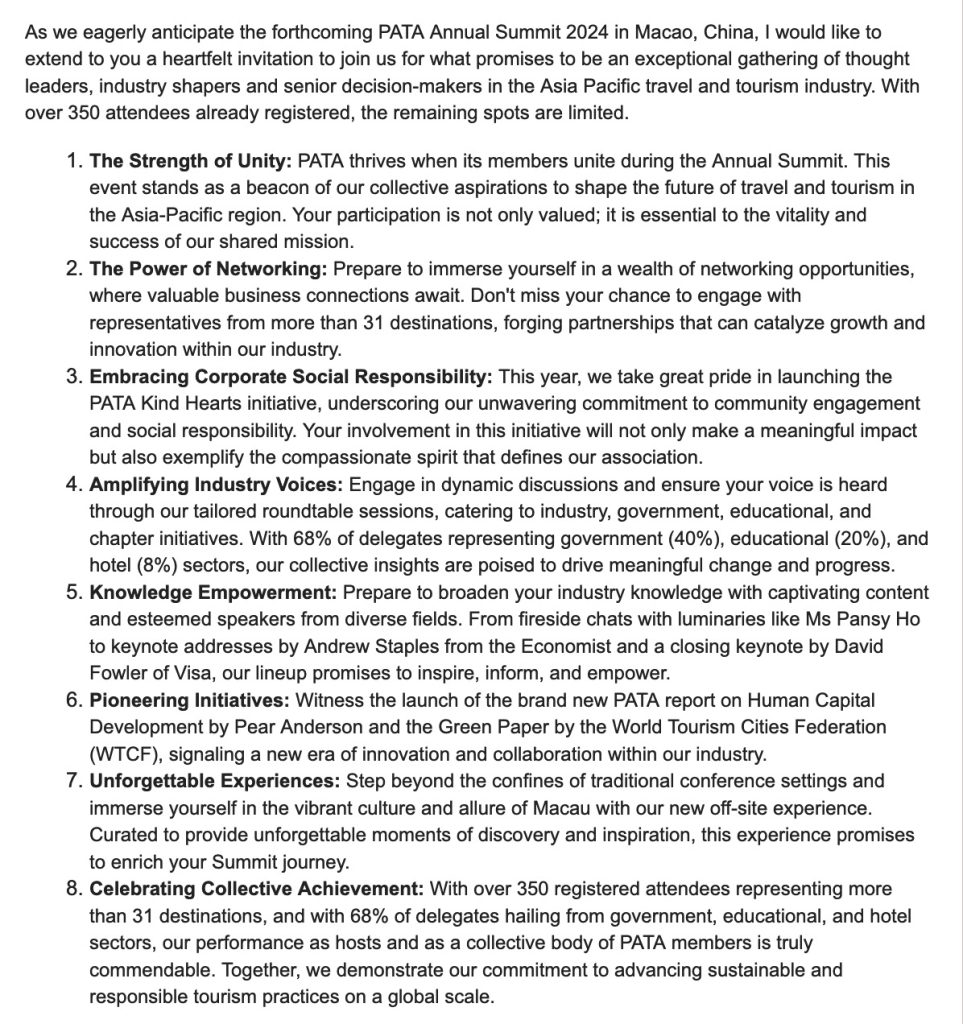
All well and good. However, on 10 May UN Secretary General António Guterres flagged the volatile and incendiary operating environment which prevails.
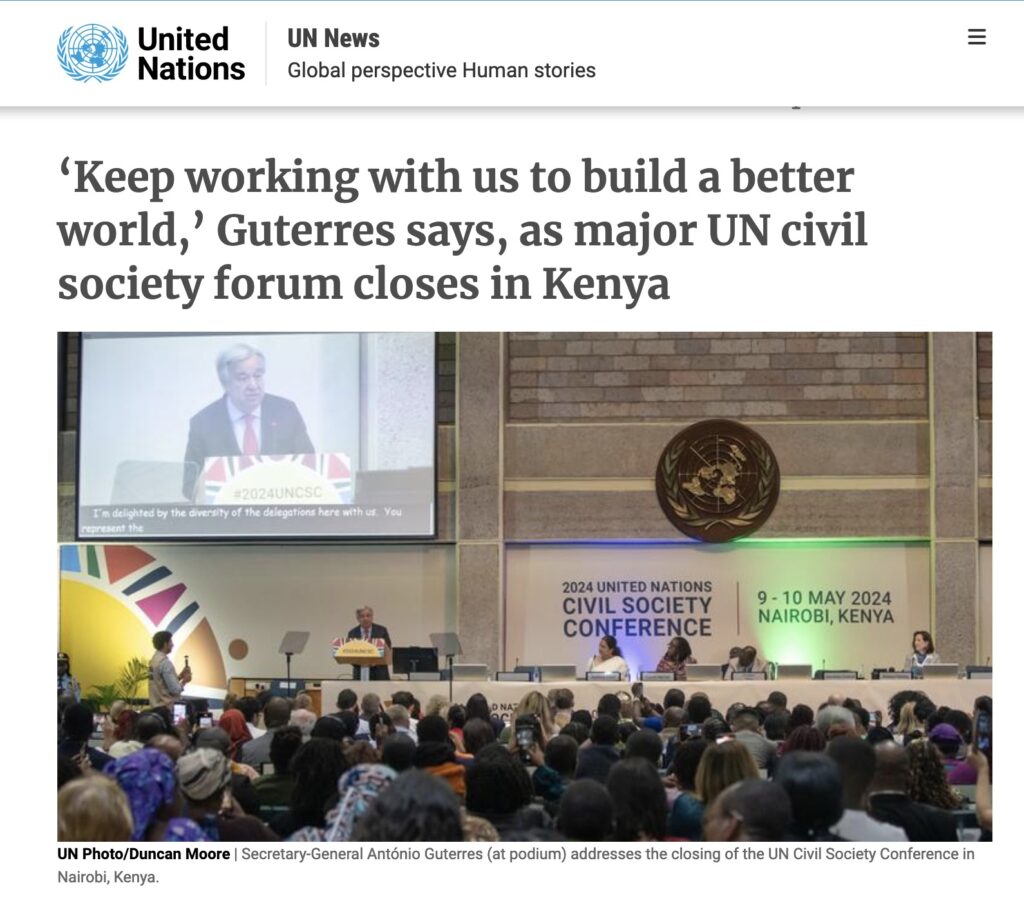
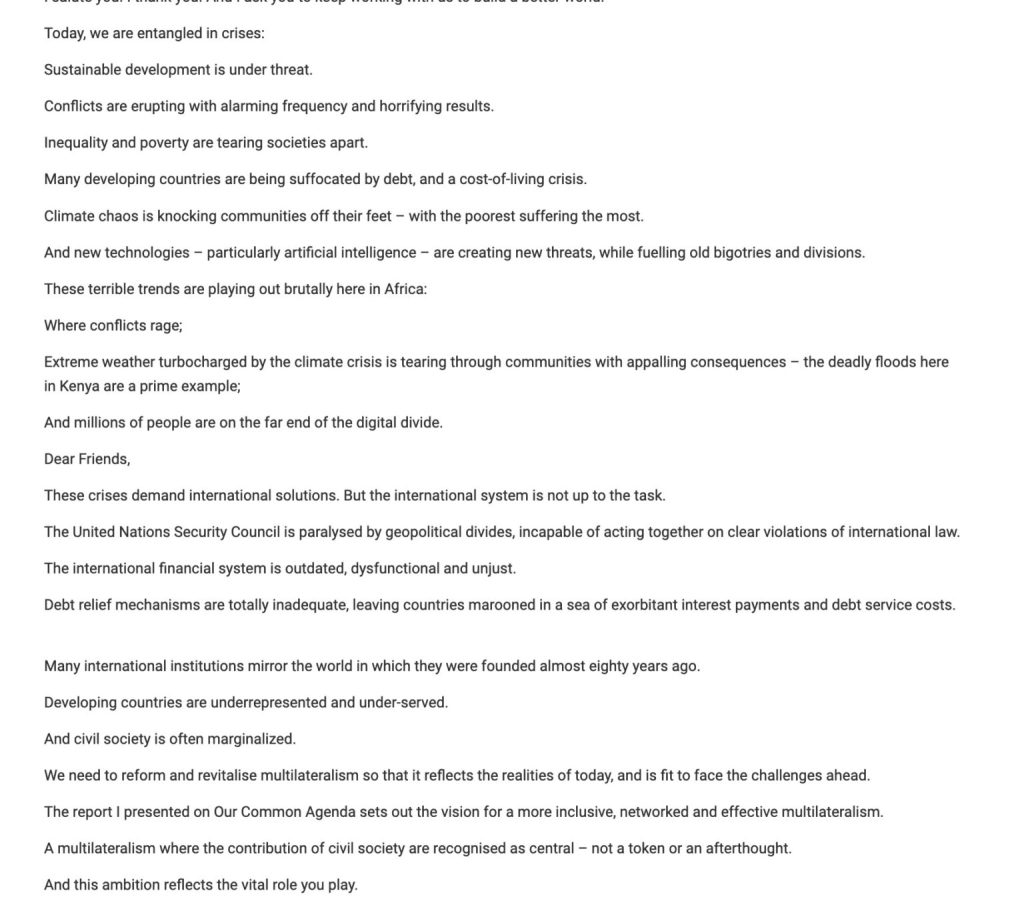
Clearly, the PATA annual summit is being held in an increasingly flammable environment. If the neighbourhood is burning down, the PATA house is going to burn down with it. Small-scale fires are already burning in the Asia-Pacific, all posing a clear and present danger, very much like a health pandemic.
But there appears to be scant recognition of these fires, and certainly no discussion about what can be done to stop the pyromaniacs from fanning the flames both to and within the region.
To deal with these rising threats in precisely the same way as a health pandemic would have been a no-brainer. But PATA has a record of cherry-picking the issues it deals with and sweeping the rest under the carpet. It also shows no inclination for learning the lessons of history, especially the incontrovertible fact that it was once the world’s pre-eminent organisation of more than 20,000 members in 1984 and collapsed to barely 1,000 today.
The mentality has always been to blame someone else for its problems. And attack anyone who points out those failings.
That mentality remains firmly in place.
However, two recent developments have taken place. One offers hope. The other is a wildcard.
The hope lies in the fact that PATA finally has its first born and bred Asian CEO. Mr Hamid is the first of this pedigree to head PATA since it moved here in 1998 from San Francisco. Unlike his predecessors, he is well-versed with the diverse cultures of Asia, understands the political nature of operating associations and also knows the Travel & Tourism industry.
Devoid of any egotistical self-aggrandisement, he is building on his ethno-cultural roots to expand the PATA footprint in the Gulf and Central Asian countries. His agenda is to focus on rebalancing tourism and the power of networking. By remaining above the fray, he is building trust and confidence.
While he is clearly the right person in the right place at the right time, his job is only to mind the store and make sure the fire extinguisher is in working condition. However, that extinguisher will be of no use if a raging fire breaks out in the neighbourhood. The far more important task is to to keep those fires at bay. That is in the hands of the people who appointed him, the PATA Chairman Mr Peter Semone and all the board members. Without their full and unequivocal support, and that of the membership at large, the person minding the store can do nought.
Which brings up the wildcard.
Mr Semone is set to a win an unprecedented second two-year term as chairman. He won out over a Taiwanese tourism executive who, it was felt, would have an anti-China agenda. PATA board members opted for the lesser of two risks. Known for making lofty speeches, Mr Semone will now have to walk the talk.
Mr Semone has lived and worked in destinations impacted by raging fires. He has roots in Bali, which suffered a devastating bomb attack in 2003. He has worked as a consultant in Laos which his own country of nationality, the United States, bombed to smithereens in the 1970s. He has worked in Timor-Leste which suffered years of conflict under Indonesian occupation and only came of age after it gained freedom. Mr Semone was instrumental in drafting the Timor-Leste’s first tourism development plan.
In his re-election bid, he outlined this two-year plan:
In September 2023, he attended a forum in Bangkok at which I presented a plan on promoting Peace Tours in Thailand. On 20 December 2023, against the backdrop of escalating violence in the Middle East, Mr Semone spoke up, describing the violence as an “existential threat” to tourism.
Today, he has gone cold. On 2 May, he spoke at a panel on tourism to Bhutan and cited the 6 Ps of Responsible Tourism. These, he said, are People, Perspective, Planet, Protection, Partnership and Prosperity. He mentioned P for Peace only in passing as a subset of P for Perspective.
As the chief representative of an organisation that claims to be the “Voice of Asia-Pacific tourism,” Mr Semone is clearly sending out mixed signals.
It would be fair to say that the vast majority of the Asia-Pacific region sees the United States as the real global pyromaniac, along with the military-industrial complex which profits handsomely off the taxes Mr Semone and millions of Americans pay.
Evidence? Check out the vote in the UN General Assembly on granting upgraded status to Palestine. Every country in the PATA region voted for this, except the United States, the South Pacific island nations and Papua New Guinea. The fires of this conflict will consume the world for at least another decade. The Asia-Pacific will be heavily impacted.
That is the last thing the PATA region needs.
Indeed, this region is already dotted by simmering fires, border disputes, insurgencies, maritime conflicts, ethnic tensions. It is also a living example of countries and regions (Sri Lanka, Timor-Leste, the Greater Mekong Subregion countries) which have been burned grievously by the fires of conflict, and benefitted deeply when they are doused.
No country is immune. Myanmar is still in the doldrums because of its continuing ethnic conflict. Next door Thailand is booming because it is far more adept at dealing with these issues.
Under my tenure as editor of Issues & Trends, PATA’s Strategic Intelligence Centre publication, after PATA’s move to Bangkok in 1998, I vigorously highlighted the importance of this agenda. None of the earlier PATA chairpersons nor CEOs paid any attention.
As I always tell people, especially the various CEOs whom I have dealt with over the years, an Association which changed its name from Pacific AREA Travel Association to Pacific ASIA Travel Association and then moved to Asia to take advantage of the Asian Century, lost touch with the depth and breadth of changes sweeping through Asia.
What happens next?
The Annual Summit and AGM in Macau will end with the usual round of mutual-back-thumping and self-congratulatory accolades. The focus will then shift to the upcoming PATA Travel Mart in Bangkok in August. That is certainly expected to do better than the last one in New Delhi which underperformed, largely because of the absence of both Pakistan and China, both neighbouring countries with which India has ongoing political disputes.
Mr Hamid will continue to push forward with his membership-building agenda, especially to build bridges between the Asia-Pacific and the Middle East. Many more visionary speeches will be made about sustainability, human capital development and the rest of it.
Having covered PATA since attending my first PATA annual conference in Bangkok in 1982, I have heard these speeches way too often. History shows that they are only as good as the next crisis or a changing of the guard, whichever comes first. Moreover, PATA continues to be dragged down by the miscued and misguided influence of people who have been sitting uninterrupted on its boards and committees for decades.
Many more changes will need to be made if PATA wishes to regain its former glory. To stop living in denial about the raging fires and the pyromaniacs triggering them would be a good start.
(eTN): PATA Summit Macau: Fires Everywhere | re-post license | post content

